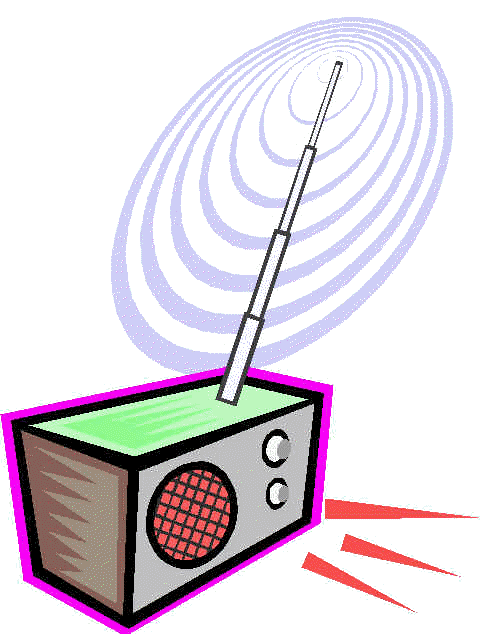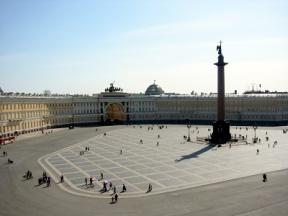
- •Travelling
- •Active Vocabulary
- •1. A) Match the words(1-7) with their definitions(a-g).
- •2. A) Study the following new words and phrases yourself. Consult a dictionary. Ask the teacher to help if you have any problems with understanding.
- •3. A) Choose the right answer.
- •4. A) Match idiomatic expressions(1-6) with their definitions(a-f).
- •Living in another country
- •1. What do you know about Sweden? What is the country like? What are the people like?
- •3. Compare your country with what you learned about Sweden.
- •Vocabulary
- •1. A) Answer the following question.
- •1. Answer the following questions.
- •2. Read the following text, paying attention to the marked words. Travelling
- •3. You’ve read the text, now answer the following questions:
- •4. A) Make a plan of the text.
- •5. Write the summary of the text.
- •1. Answer the following questions using your own words but taking into account the information in the text. (2 points)
- •2. Are the following statements True or False? Identify the part of the text that supports your answer by copying the exact words. (1.5 points)
- •3. Find a synonym for each of the words below from the six options.
- •4. Choose a, b or c in each question below. Only one choice is correct. (1.5 points)
- •5. Composition (130-150 words) What kind of holiday do you prefer?
- •1. Remember these useful expressions which you may use speaking about travelling.
- •2. Role –play the following dialogues.
- •3. How do you understand the following proverbs and quotes about travelling? Do you agree with them or not? Express your opinion.
- •4. Be ready to speak on one of the following topics.
- •1. A) Make up a story, using the words from your active vocabulary.
4. A) Match idiomatic expressions(1-6) with their definitions(a-f).
|
1. |
to travel light |
a) |
to take a trip somewhere |
|
2. |
to sail close to the wind |
b) |
someone who gives unwanted advice and annoys you |
|
3. |
to hit the road |
c) |
to travel with very little luggage |
|
4. |
to have itchy feet |
d) |
to be in the same unpleasant situation |
|
5. |
a backseat driver |
e) |
to have a strong desire to leave a place and to travel |
|
6. |
to be in the same boat |
f) |
to take risks to do something |
b) Underline the correct word and explain the phrase.
|
1. |
Aunt Mary drives us all crazy with her instructions; she’s an incurable backseat / road driver. |
|
2. |
We had to travel over / light an old bridge over the Mississippi to get to my sister’s house. |
|
3. |
If somebody hit me, I’d hit the road / back. |
|
4. |
Tom: I’m broke. Can you lend me twenty dollars? Bill: Sorry. I’m in the same page / boat. |
|
5. |
You were sailing a bit against / close to the wind there when you made those remarks about his wife. |
|
6. |
In spring, when everything is in bloom I have itchy eyes / feet. |
Listening
Living in another country
1. What do you know about Sweden? What is the country like? What are the people like?
Discuss these statements about Sweden. Do you think they are true or false?
|
|
1. |
In winter there is only one hour of daylight. | |
|
2. |
Swedish people look forward to winter. | ||
|
3. |
The houses are cold. | ||
|
4. |
The houses are much better insulated than in Britain. | ||
|
5. |
In parts of Sweden from May to July the sun never sets. | ||
|
6. |
Londoners work longer hours than the Swedes. | ||
|
7. |
Swedes always start work early in the morning. | ||
|
8. |
Country cottages in Sweden are usually very luxurious. | ||
|
9. |
All houses have a sauna. | ||
|
10. |
The whole family like to sit in the sauna together. | ||
2. You are going to listen to Jane Bland talking to her friend, Fran, about her life in Sweden. Jane comes from London, but three years ago she married a Swede and went to live and work in Stockholm. Listen and check your answers to exercise 1.
3. Compare your country with what you learned about Sweden.
In my country it gets dark at five o’clock in winter, and it’s much warmer, …
Video-listening: Auckland City, New Zealand
Vocabulary
|
to hang out |
– |
проводить время, тусоваться |
|
to stalk |
– |
выслеживать |
|
an announcer |
– |
ведущий (радио, телевидения) |
|
quality |
– |
качество |
|
display |
– |
выставка |
|
to recover |
– |
выздоравливать |
|
crowd |
– |
толпа |
|
to beg |
– |
просить подаяния |
|
a sailor |
– |
моряк |
|
to wrap |
– |
завёртывать, обёртывать |
1. A) Answer the following question.
What can one see in the centre of Novopolotsk?
Continue the sentence:
One can see a main square, … in the centre of Novopolotsk.
b) Watch the video and choose the places, which were mentioned by the speaker.
|
1. |
a cinema |
|
|
|
|
|
|
2. |
a theatre |
|
|
|
|
|
|
3. |
a shop |
|
|
|
|
|
|
4. |
a railway station |
|
|
|
|
|
|
5. |
a park |
|
|
|
|
|
|
6. |
a home of the radio station |
|
|
|
|
|
|
7. |
a police station |
|
|
|
|
|
|
8. |
a restaurant |
|
|
|
|
|
|
9. |
a school |
|
|
|
|
|
|
10. |
a square |
|
What do you remember about the mentioned places?
c) Watch the video once again and answer the following questions:
|
– |
Can people hang out in Aotea square? |
|
– |
Why does the speaker like the shop in Qeen Street? |
|
– |
Why is according to the speaker Santa wrapped in bandages? |
|
– |
What has the speaker never seen in Auckland before? |
|
– |
With whom does the speaker compare a couple of sailors? |
* d) Group work. If you can, make a similar video about your city, town, Novopolotsk or Polotsk.
Reading











